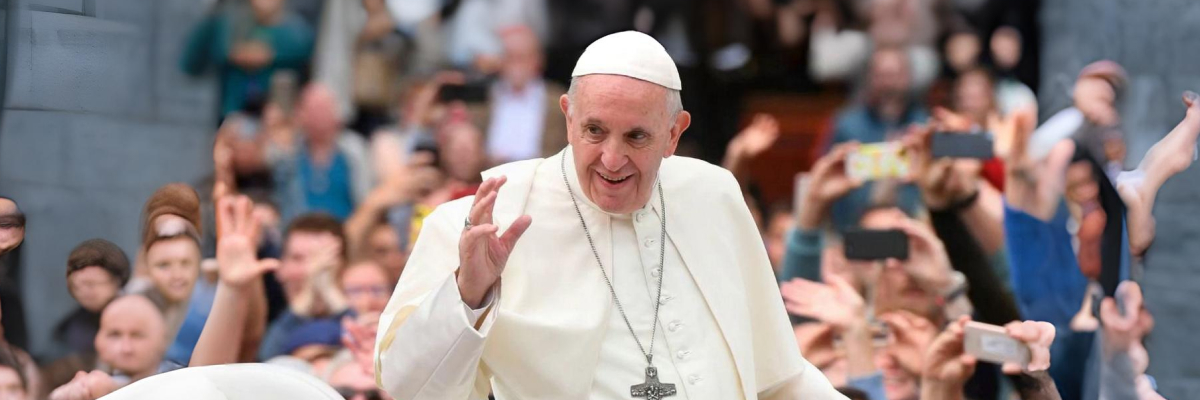by Lester Coupland
The Late Pope Francis and His Leadership Legacy

As we seek to emulate those whom we perceive as great leaders, some have turned their attention to the late Pope Francis.
His core values of compassion, humility and inclusivity encouraged many to reflect upon their own leadership approach and role models.
Here at LSC, our own experience of designing and delivering global leadership interventions has shown us that the concept of servant leadership often resonates deeply with our partners and learners irrespective of country, context or faith.
If we take a moment to imagine leadership as a service, then naturally we should consider the nature, style and impact of this service with regard to our followers.
Hersey-Blanchard’s Situational Leadership* is a valuable tool in this regard whereby, as leaders, we are encouraged to tailor our leadership style according to our followers’ levels of competence and commitment on a particular task or project.
The four styles identified by Hersey-Blanchard are directing, coaching, supporting and delegating. Through this diagnosis, we can start to understand our natural default style(s) and those which come less naturally but may nevertheless be important in our performance as a leader. These are the ones we need to work on.
However, there is still an important question to be answered. Even if we do all of this, how do we know if we’re getting it right? We have found that one way is to find the courage and vulnerability to ask the people you’re leading; and, to find your own way and voice to check out if your style is working.
For example:
‘’Look, I know you’re very experienced but I need to explain a few processes and ‘do’s & don’ts’ to you so that you get these right. How does that sound?’’ (directing)
‘’I think you’ve been improving your skills and I really want you to work things out for yourself now and make some of the decisions. I’ll just help you think things through a bit without telling you. What do you think about that?’’ (coaching)
‘’Look, I think you’re in a great position to take on this project now. My door is always open and just shout if you need me. I’m always around. How do you feel about that?’’ (supporting )
‘’I want to leave this with you now. I feel sure that you can take this on now. I can see your competence and commitment.’’ How do you see this? (delegating)
Is it worth the effort? Well, consider how it feels to be micro-managed, i.e, when a manager uses a directing style when they should delegate. Or to be delegated a project when really you need more direction and guidance. And, we all know what happens to our motivation levels if this kind of mismatch becomes the norm.
A note of caution, though. This is a framework for guidance and not an exact science. There may well be times when a leader cannot follow this process; for example, under extreme pressure and heavy workload, it may be necessary to over-delegate just to keep your head above water
On a final note, the feedback you receive by checking out your style with followers will almost certainly help your accuracy in choosing the most appropriate style; and, the fact that you’ve asked your followers will show them that you’re genuinely trying to be the best leader you can be. Whether or not this is your intention, your leadership brand will almost certainly be enhanced.
*Hersey-Blanchard Situational Leadership Theory, after its developers, Dr. Paul Hersey, author of "The Situational Leader," and Kenneth Blanchard, author of "One-Minute Manager.






